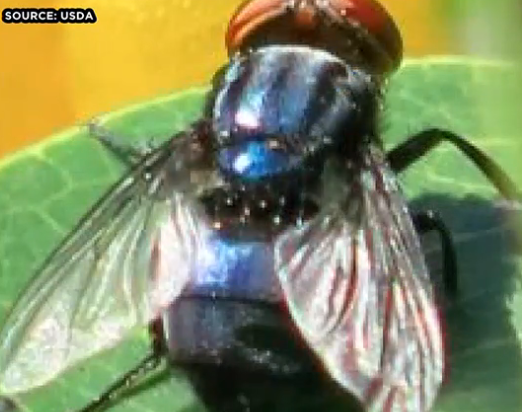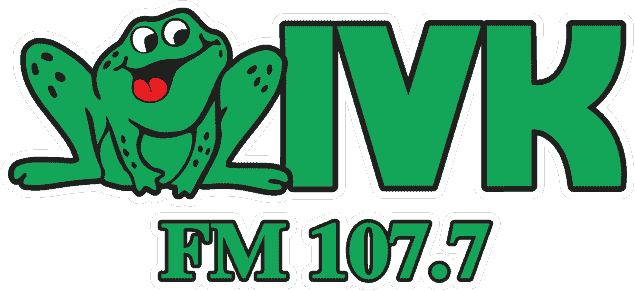The state veterinarian is warning animal owners of an invasive pest that poses a serious threat to livestock and pets.
Dr. Samantha Beaty said New World Screwworm (NWS) is a parasitic fly whose larvae feed on the living tissue of warm-blooded animals, causing painful infected wounds.
Adult flies are slightly larger than houseflies with metallic blue/green bodies, orange eyes and three dark stripes on their backs.
Although it was eliminated from the United States decades ago, recent detections in Mexico highlight the potential for reintroduction and spread, particularly in southern states. She said Tennessee’s position along key travel, wildlife migration and trade corridors heightens the need for increased awareness.
“An international border means nothing to NWS or wildlife that may be carrying the larvae,” Beaty said. “Livestock and pet owners should carefully inspect their animals and report any unusual or persistent wounds. NWS can cause devastating health impacts to affected animals, and early detection is critical to containment and treatment efforts. As with many animal health concerns, awareness and prevention go a long way in reducing the risk of spread to Tennessee.”
Symptoms to look for:
Wounds that won’t heal or worsen over time
Foul-smelling discharge or visible maggots in a wound
Signs of discomfort or unusual behavior, such as animals avoiding feed or isolating themselves
Infestation may be found in wounds resulting from routine procedures such as castration, dehorning, or branding, or from minor injuries like insect bites.
The animals that could be affected by this include cattle, sheep, goats, pigs and horses. Other mammals, such as pets, and, in rare cases, humans, could also be affected.
Animal owners are asked to be vigilant, and those who suspect NWS should contact the State Veterinarian’s office at 615-837-5120 or the USDA Area Veterinarian in Charge at 615-517-2642.
Beaty said suspicious cases may be submitted for laboratory confirmation.
Click here for more information from the USDA on NWS.



















